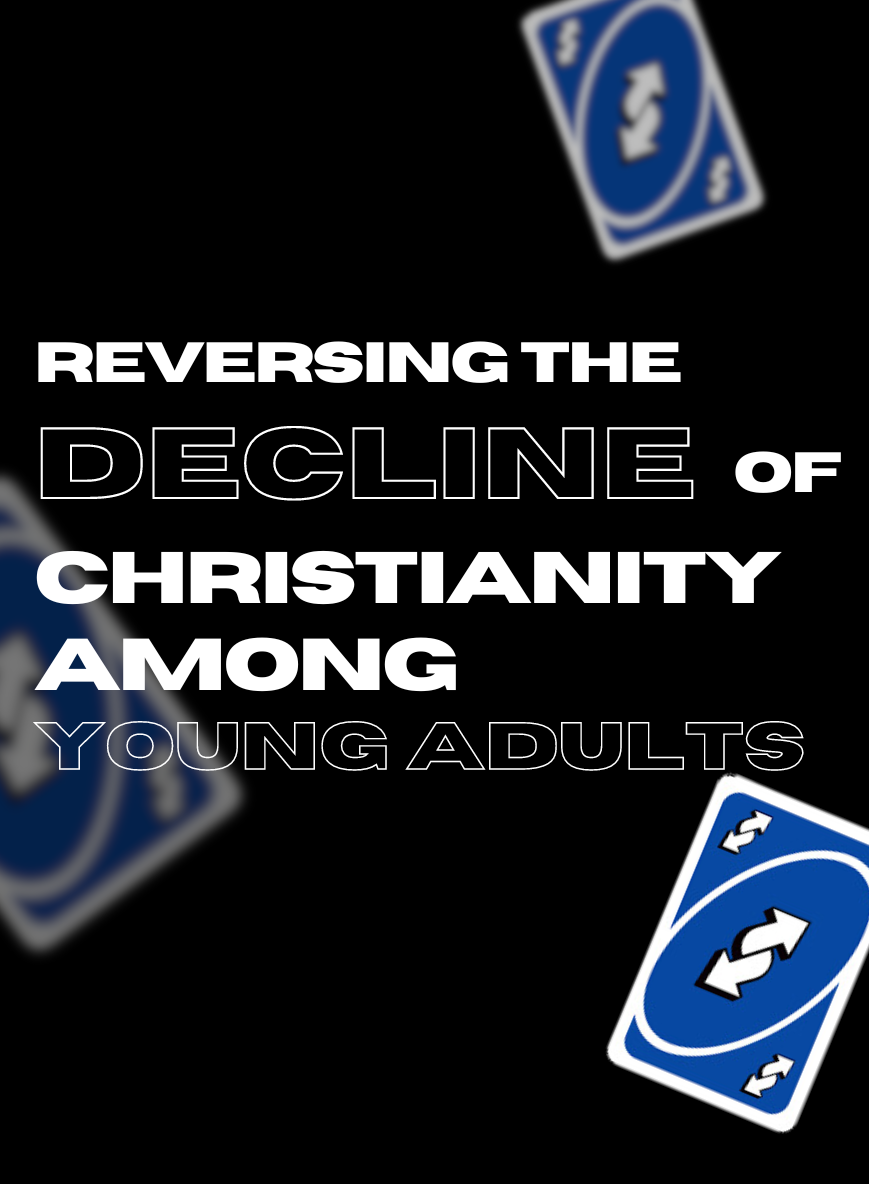
Discipling that occurs in a mentoring context alone can be limited.
When we think of mentoring in a spiritual context, we may think of a relationship we have with an older, wise, spiritual advisor. This may be one of our leaders, someone we admire, and whose life we want to imitate. Even in a professional context, a mentor might look like an advisor, a trainer, or life coach. Someone with a bank of wisdom, who we trust and who we come to for advice, accountability and insights, with the aim of that relationship, being to help us develop.
When we think of discipling, it is quite common that people would opt for mentoring as their method. In my time pastoring, it was very much the known thing to do – for young adults to admire those who are more spiritually mature than them. Maybe the ‘mentor’ would notice their leadership capabilities and spiritual hunger and ask to catch up with them to form more of a discipling relationship, or maybe the young adults pastor would be approached by a passionate and authentic young adult who is seeking to grow in their walk with Jesus. Discipling through mentoring might look like catch up for coffee once a month, have them over for a meal, sharing life together and spiritual updates, and having the ‘mentor’ support the ‘mentee’ in their growth and navigating life’s challenges.
These discipling relationships can be beautiful, and beneficial – there’s no doubt about that. However, discipling that occurs in mentoring context alone, may actually limit the growth of the people we are discipling. It may not be able to achieve the result of a multiplication of Jesus-like disciplers who go on to disciple in a healthy, and mature way. Discipling in small group of 4-6 people, may be MORE beneficial.
Here are 3 reasons why.
- The time requirement
Let’s get real practical, if you invest in 3 people, 1.5 hour each person every 2 weeks – that’s 6 hours of your time going into the people that you are investing. That doesn’t even include the time you spend praying for them, sending follow up messages, and doing life on life with them.
If you work full time, volunteer in ministry, study, spend time with your family, and pursue your own hobbies or side-hustles, and do all the other things that life involves, 6 hours a fortnight sure adds up!
Mentoring and building one on one relationships have their place, but if we’re looking for multiplication strategy that considers your capacity and the limited time you have available as a ministry leader, maybe looking to Jesus’ example could provide us with some clarity about how to balance this time commitment.
Imagine – instead of investing your time into all of the one-on-one catch ups and meetings, you could utilise that time to invest in small groups of 3-4. You would therefore be spending the same amount of time in discipling, but investing in 9 or 12 people instead! Doesn’t that number sound familiar? 😉 You know that Jesus lived life closely with his disciples. Jesus individually recruited his 12, and had a smaller group of 3-4 with Peter, James and John, who he shared a more intimate relationship with. They were the few that he brought closer to him in his final hours in the Garden of Gethsemane.
In order for young adults to grow spiritually and grow as disciplers, they need a significant amount of time invested into them. Therefore, discipling in small group setting allows us to have close, transparent, intimate relationships without wearing ourselves thin, jumping from one meeting to another, and carrying the burden of your entire leadership team.
When we utilise a small group context for discipling, there still may be necessity for a side conversation, one on one catch ups every now and again, and maintaining the individual relationships, but not to the same extent as if we were to only utilise one on one settings for discipling.
- The return on investment
You would know from experience, the absolute gut-wrenching heart-ache that comes from pouring your heart and soul into discipling someone, only to see them fail to multiply.
It wrecks us when we see mentoring relationships play out where despite the mega investment of: catching up for coffee, sharing life vulnerably, going to their sporting games, keeping them accountable to their spiritual goals and meeting consistently with an individual for 6 months, even up to 3 years… they go on to make the decision that ‘discipling is not for me.’
Seeing individuals walk off and get consumed or distracted by other aspects of their spiritual growth ministry tasks, or alternative ‘callings’ without continuing the multiplication process beyond their generation can be down-right defeating and frustrating. In these instances, whilst this investment into those individuals was surely a blessing to their spiritual development, we know that multiplication is the goal, and it can lead to major disappointment and potentially even burn-out when our investment stops with them.
Alternatively, if we are investing in small-group(s), where one or two in the group don’t multiply, at least we have that some that do! Our investment doesn’t stop with one generation, but can go on and reap benefits beyond an individual, thus achieving the goal of multiplication, and more successfully reversing the statistics of the decline in Christianity.
- Limits their growth
In a one-on-one mentoring setting, there is a ‘mentor’ and a ‘mentee.’ In discipleship terms, we would say, a ‘discipler’ and a ‘disciple’. This can unintentionally communicate to the ‘mentee’, that their role and identity is that of the disciple. Whereas, when we disciple in small group settings, each member gets to adopt the reality that they are not only being discipled, but that they too are DISCIPLERS.
Peer-discipling allows peer support, challenge and accountability. It is normal for a group to have a member or members in the group, such as yourself, that may have a bit more experience, or may be slightly further along in their growth journey, but it is not a ‘teacher and students’, type of environment. Instead, it becomes a group of teachers (disciplers) meeting together to grow to be more like Jesus, and better their practice as disciplers.
Mentoring may be all you’ve known or considered when it comes to discipling. We all desire to be in proximity with the spiritual leader that we admire, meet regularly and consistently, and do life more meaningfully with them.
Discipling in small groups compared to mentoring may:
- Provide a greater return on investment
- See a more effective use of our time
- Allow those we disciple to achieve their identity as ‘discipler’ more fully
Using this discipling environment, may enhances spiritual growth and enable multiplication to occur in a healthier and more effective way.
Be blessed,
GenJ Team member, Elle Zeibig
We pray that these 3 limitations of mentoring, are helpful as you consider discipling in your environment. If you have any questions, please reach out to us via instagram DM or on our ‘contact us’ page on this website. We’d love to hear from you and chat about how we can partner and champion you on to create a discipling hub in your own context.



